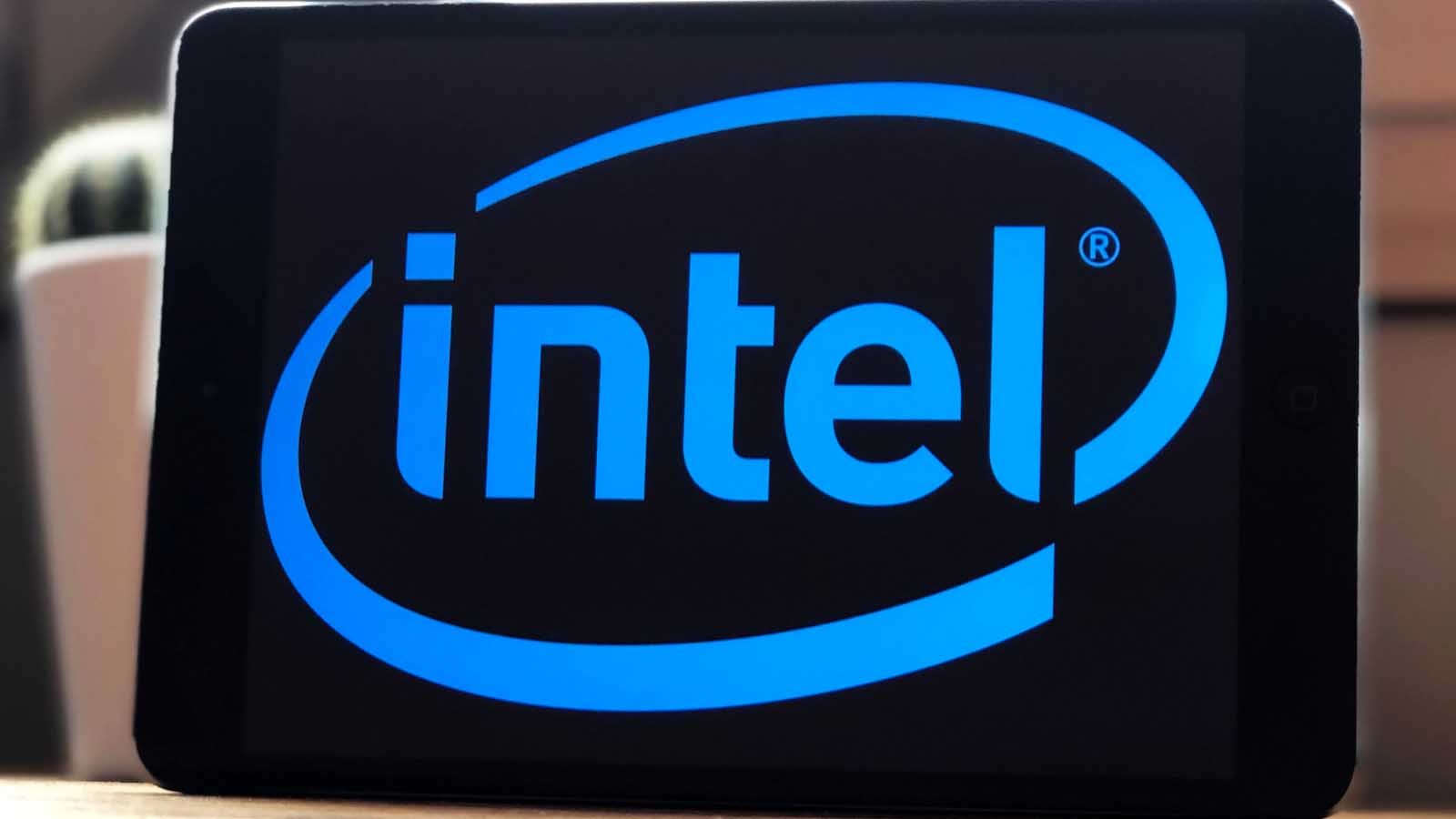How many times did we warn investors about Intel (NASDAQ:INTC)? Sometimes, buying dips can sink ships. Today, we’ll be generous and give Intel stock a “D” grade instead of an outright “F,” since Intel’s chip-foundry business could be highly valuable someday.
For the time being, though, there’s no need to sit on a toxic asset and let it deteriorate your portfolio.
There’s so much unfavorable news about Intel that it’s hard to even know where to start. Yet, we’ll still try to wade through Intel’s financial morass, malodorous as it may be.
All the while, bear in mind that there are plenty of other chip stocks to choose from and more enjoyable ways to invest in the tech-hardware industry.
So, let’s take the wheel and bravely delve into Intel’s latest pot holes, roadblocks and outright cliff-dives.
Intel Almost Reports Some Good News
In the spirit of positivity, we’ll start off with some (almost) good news. In the second quarter of 2024, Intel generated revenue of $12.8 billion, which was only slightly below the analysts’ consensus forecast of $12.9 billion.
It required some strenuous mental gymnastics to call that “good news,” but we’re trying to be charitable here. Turning to the unfortunate stats now, Intel’s Q2-2024 earnings of 2 cents per share didn’t even come close to Wall Street’s estimate of 10 cents per share.
Looking ahead to a bleak future, Intel guided for third-quarter revenue of $12.5 billion to $13.5 billion. The midpoint of that guidance range, $13 billion, fell notably short of the analysts’ consensus prediction of $14.4 billion.
Intel CEO Pat Gelsinger observed, “Second-half trends are more challenging than we previously expected.”
That might be the understatement of the year, but at least Intel is taking action. Unfortunately, the company’s investors probably won’t like the action that Intel is taking.
Intel Layoffs, Dividend Suspension and Legal Action
Intel stock dove post-earnings, but the market’s response wasn’t just about the aforementioned financial figures. There was other news to note, and none of it was particularly encouraging.
For one thing, Intel “expects to reduce headcount by greater than 15% with the majority completed by the end of 2024.” That’s a drastic workforce reduction, given the short time frame. It’s probably not a positive sign for Intel.
Intel revealed it plans to suspend the company’s dividend, starting in this year’s fourth quarter. So, income-focused investors won’t even get the consolation prize of quarterly distributions pretty soon.
Can you handle one more piece of bad news? Reportedly, some of Intel’s shareholders are collectively suing the company. They allege Intel made “materially false or misleading statements” about the company’s health, leading to substantial financial losses for Intel’s investors.
Intel Stock: An Easy Way to End the Suffering
Don’t get the wrong impression. We’re not trying to denigrate Intel or the company’s shareholders. They’re suffering enough already.
Besides, for what it’s worth, Intel’s chip-foundry business could eventually provide a significant revenue source for the company.
Right now, however, Intel’s loyal investors are probably running out of patience, which would be understandable.
One might hope that Intel will somehow engineer a turnaround later this year. Remember, though, that hope is not a viable investment strategy. So, we’re assigning Intel stock a “D” grade and letting you know that it’s fine to end your suffering by selling your shares and staying away.
On the date of publication, neither Louis Navellier nor the InvestorPlace Research Staff member primarily responsible for this article held (either directly or indirectly) any positions in the securities mentioned in this article.
On the date of publication, the responsible editor did not have (either directly or indirectly) and positions in the securities mentioned in this article.
